Dear Listener:
My feathers get ruffled when some people, like overzealous Facebook Group Admins, object to mentioning politics or other controversial subjects in music.
What do these people want? Just nice, polite, wishy-washy songs with nothing important to say?
Well, those wimps can have every bubblegum song ever recorded by The 1910 Fruitgum Company, but you won’t find that kind of music in this podcast. In my opinion, the best songs have something important and powerful to say. Great songs move you. They change you. If they don’t, then they belong in the elevator.
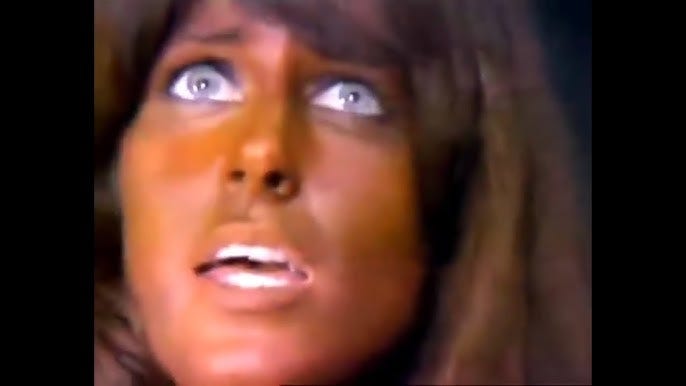
In this podcast episode, we’ll hear just a few of those songs. I wish I could play them all, because my generation tossed them out like grenades, not bubblegum. We were provoking change through art, and I’m proud of that.
Context
But as always, context is important, so to understand why the music had such an impact, we travel back to Guthrie’s 1930s, the rise of Nazism, the “Red Scares” of the McCarthy Era, and the dark days of Vietnam.
First, you’ll learn about Franklin Delano Roosevelt (FDR), America’s 32nd President and the man who led the country through the dark years of the Great Depression in the 1930s and into the final years of World War II.
We’ll learn about American’s fear of communism (“Red Scares”) and the infamous House Un-American Activities Committee (HUAC), an organization with the power to jail Americans it deemed “un-American.”
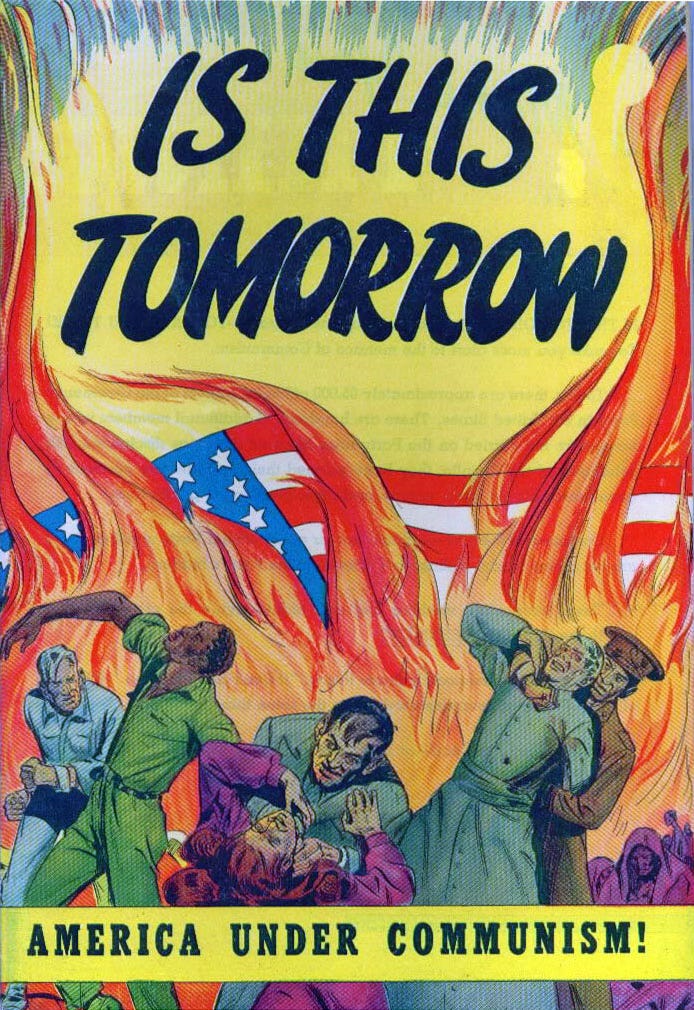
I briefly mention Richard M. Nixon, America’s 37th President from 1969 to 1974 — a time of great turbulence in the United States. Nixon was a member of HUAC. In many ways, “Tricky Dick’s” personality disorders make Donald Trump’s seem mild by comparison.
I play a snippet of Pete Seeger singing “Where Have All the Flowers Gone?” and Bob Dylan’s “Masters of War.”
I also play part of the soundtrack from a 1968 John Wayne movie called “The Green Berets.” Rah-rah songs and movies like that were standard fare for boys like me who grew up in the 60s. We were being trained to “fight for our country” and all that. In other words, we were being trained to be cannon fodder.
The reality of Vietnam shattered our illusions.
I mention Steppenwolf's 1968 song “Born to be Wild.” I play part of the Vietnam War protest song “Fortunate Son” by Creedence Clearwater Revival. I urge you to listen to the words of that one. It will give you a sense of how anti-war activists felt then.
I just wonder…where did they all go?
I play “Find the Cost of Freedom” by Crosby, Stills, Nash & Young, a song that still chokes me up whenever I hear it.
The timing of the song was not quite right for the reading of my text, so I had to augment it with my own guitar playing. I pulled out my 1972 Martin D-35 you see in this picture, figured out the chords, and added what I needed to the recording. Hopefully, you can’t tell where the pros end and the amateur begins!
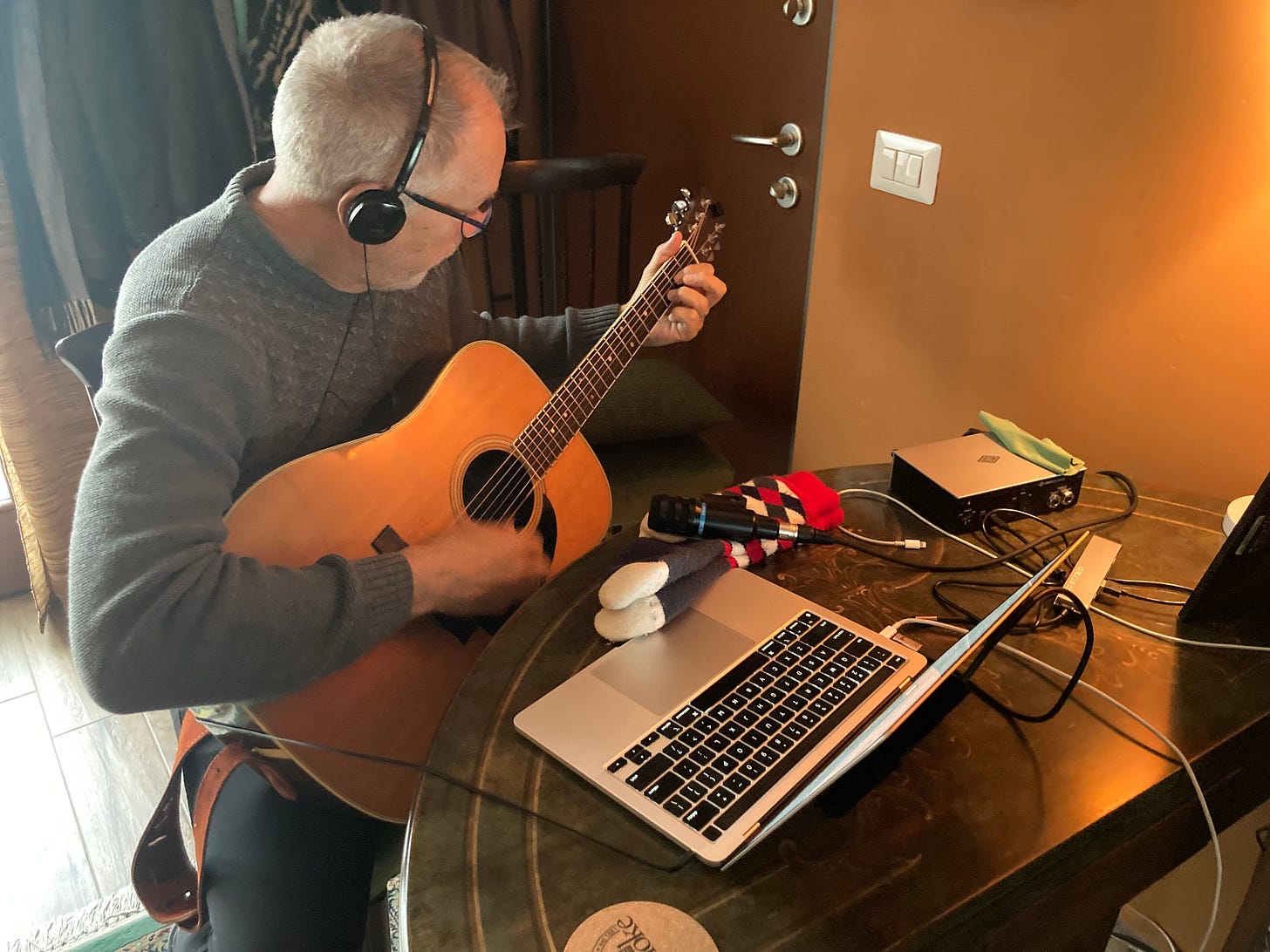
There is only one song to play when discussing the Kent State Massacre — the haunting “Ohio,” written by Canadian Neil Young and performed by Crosby, Stills, Nash & Young.
I chose the Chuck Brown tune “The Party Roll” for DC’s Blue Alley Music Club. I saw the band play live at the Kennedy Center in Washington, DC, and I could not keep my feet still.
We end the episode with three tunes by the enchanting Eva Cassidy: “Fields of Gold,” “True Colors,” and her breathtaking version of “Over the Rainbow.”
Ms. Cassidy is one of four women whose voices nearly bring me to tears, the others being Bonnie Raitt, Allisson Kraus, and Joni Mitchell, all of whom will be cited in this podcast. Sadly, Ms. Cassidy passed away from cancer in 1996, but her angelic voice will live forever.
Coming Up!
Our magic bus keeps heading south, passing through my hometown of Richmond, Virginia, and to the small town of Crewe. Stay tuned to discover why that town has a special meaning for me.
You’ll also want to listen to a bonus track that takes you on a side excursion to Washington DC’s National Museum of African American History and Culture. This eight-minute track provides a primer on racism in America.
That’s it for now. Until next week…
…




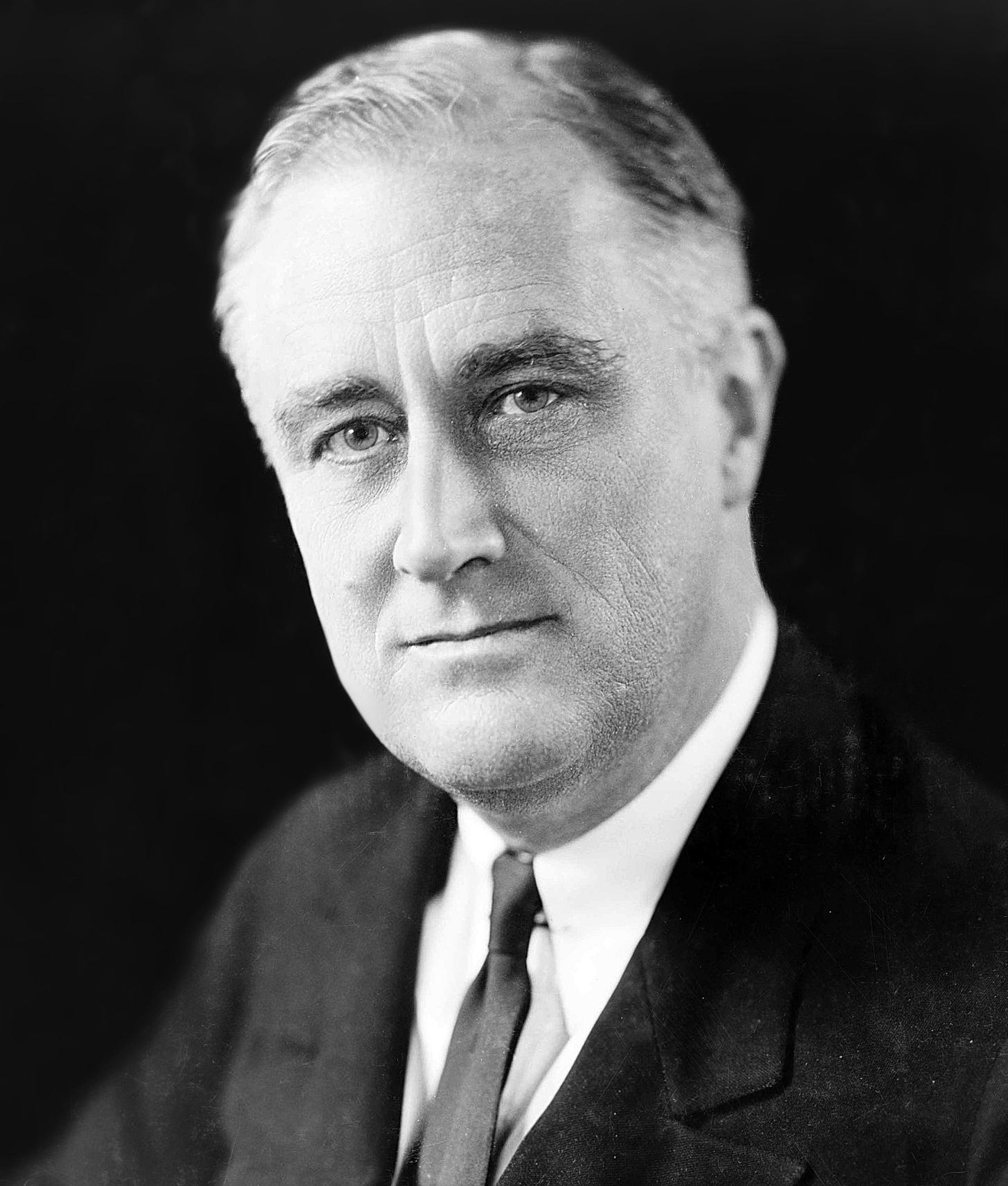
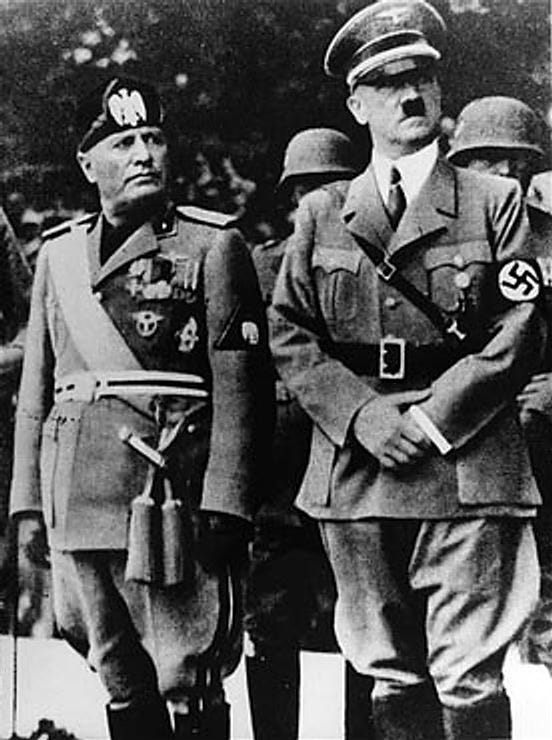
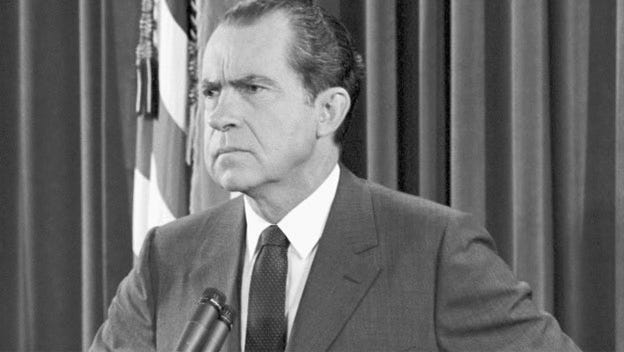
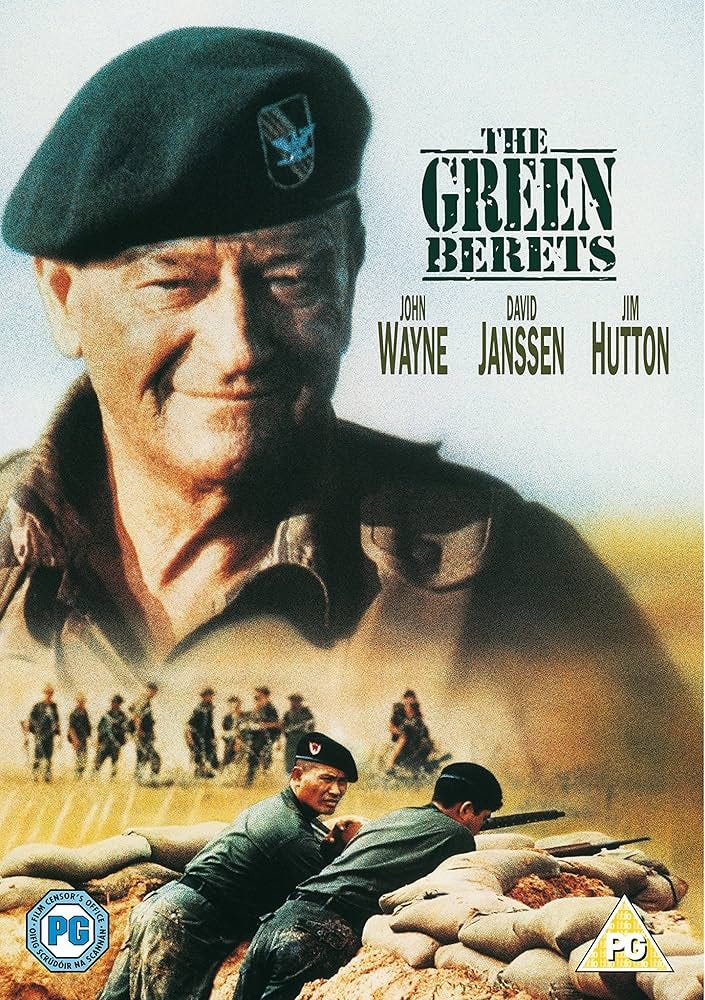
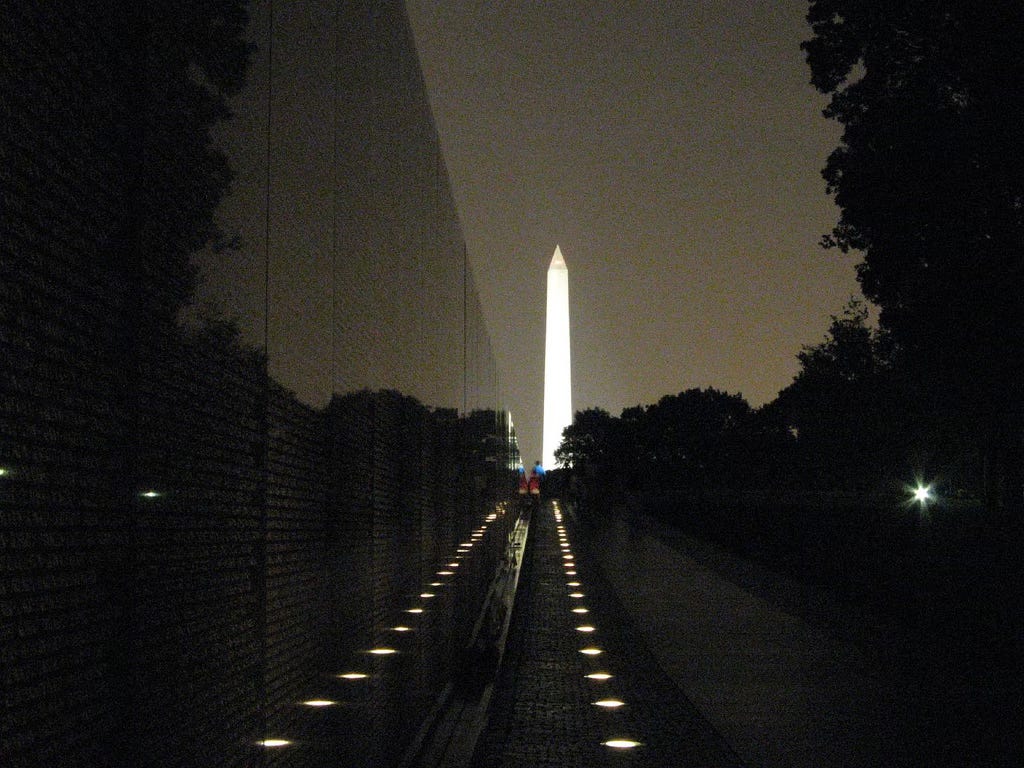
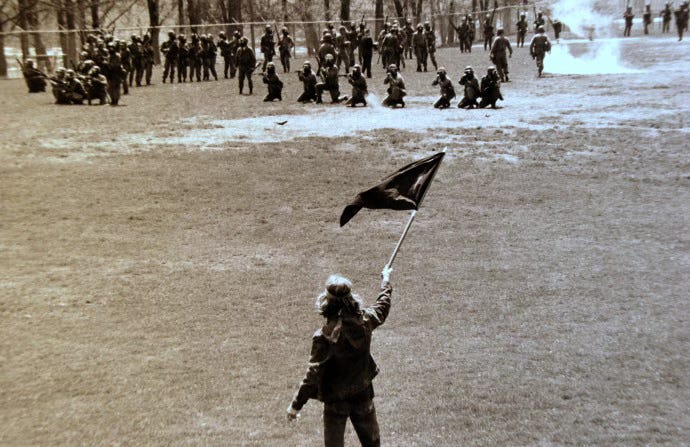
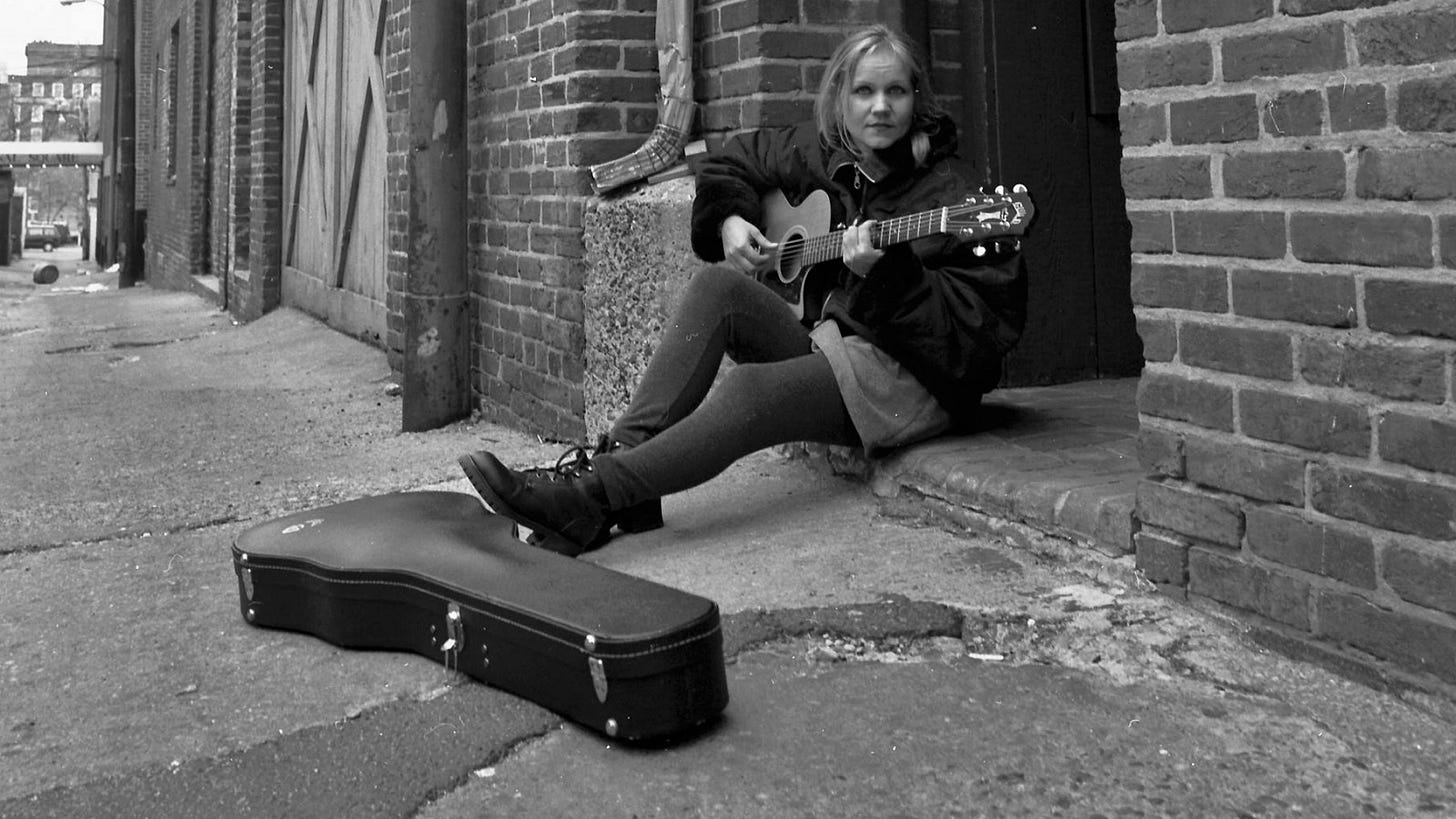
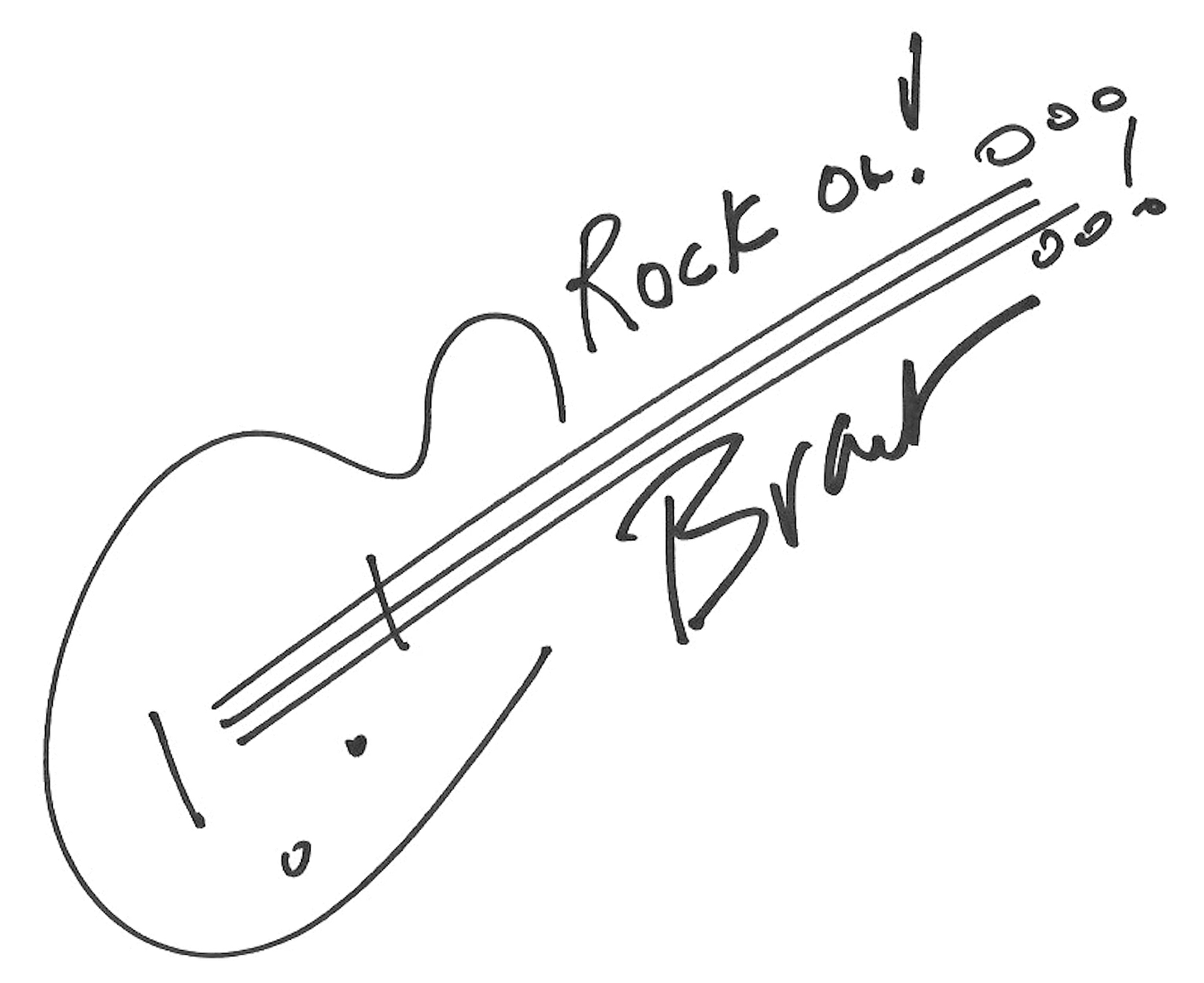


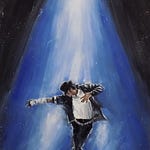
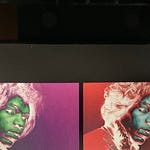
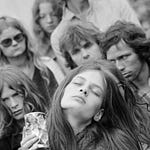
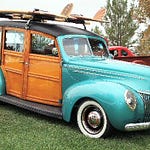
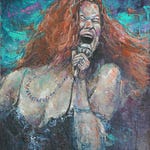
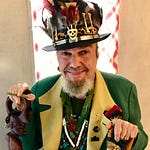
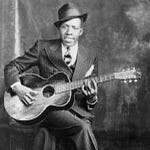
Share this post